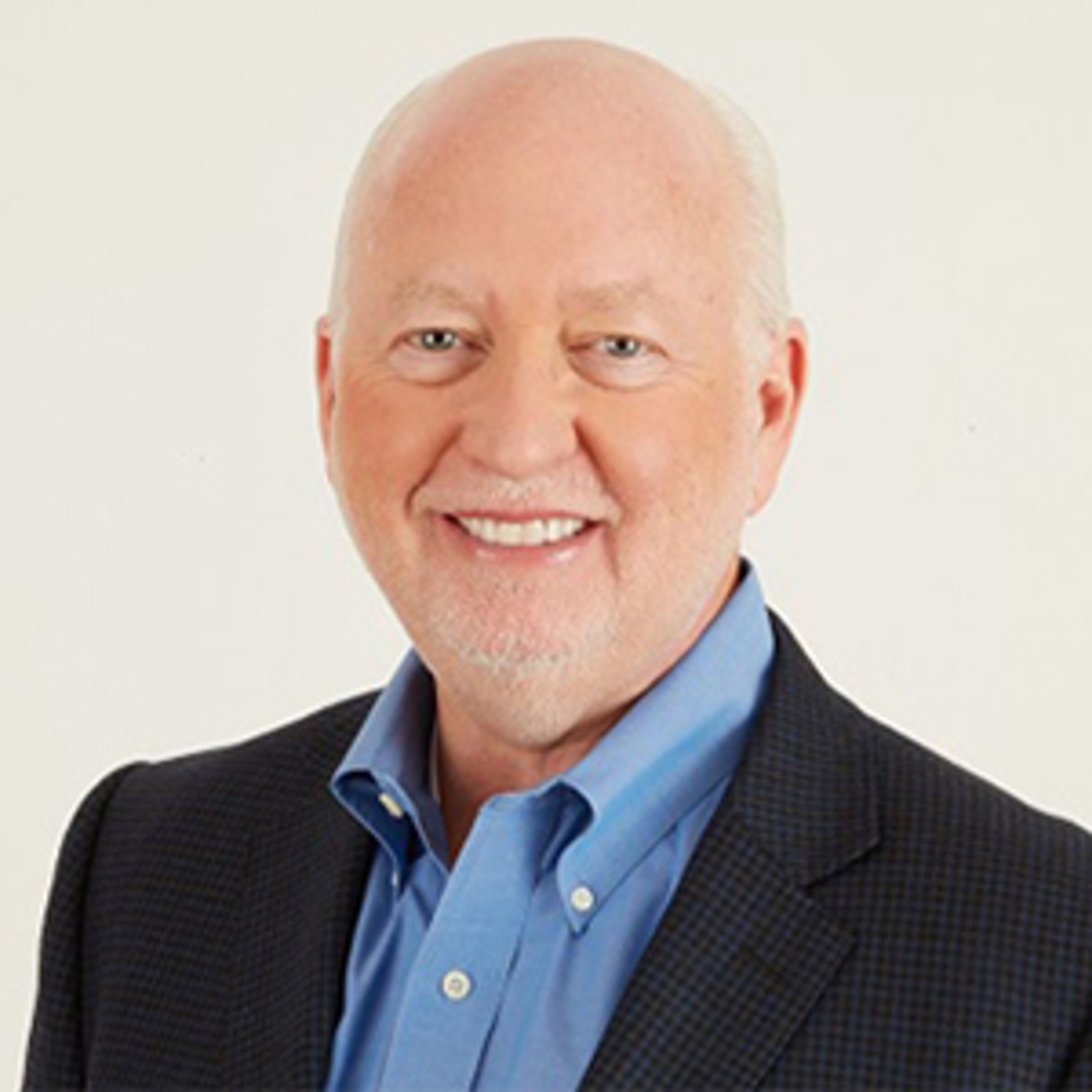Mind Over Matter: Why It's Time to Rethink Aging
By changing our perception of longevity, we can redefine the second half of life and make it as vibrant and active as the first.
Aug 11, 2024
Written by our Founder and CEO, our Celebrations Pulse Sunday Letters aim to engage with our community. From sharing stories to welcoming your ideas, we want to help you connect with and celebrate the important people in your life.
There’s no denying that we’re all growing older, and scientists haven’t yet figured out a way to reverse the aging process. It’s also a fact that great strides have been made to extend life through exercise, healthy eating, and maintaining strong relationships.
But longevity isn’t just about adding years to your life. It’s also about adding life to those years. If we’re given the gift of a long life, how do we make the most of it? A happy, meaningful, and long life doesn’t happen by accident.
You have to put your mind to it.
I was reminded of this during a conversation with my friend Alan Patricof. At 90, he still works full time. Two years ago, he completed the New York City Marathon, becoming the oldest person to do so. He also remarried at age 89 and promised his wife he plans to live to 114.

How does Alan work toward this milestone? He and his wife attend the theater and concerts as well as go for long walks every morning. More than anyone I know, he has eschewed the traditional mindset around turning 65, retiring, and withdrawing from society.
Alan’s story inspires us to think differently about growing older. We also have the power to change our mindsets and take steps – even tiny ones – to put a plan into action.
Staying active and curious
Another friend who is rethinking aging is Michael Clinton, who for years worked in the publishing industry. His latest company, ROAR forward, provides business intelligence, insights, and content for a community of people 50 and over who are redefining their careers, passions, and lifestyles later in life.
Michael walks the talk. He stays active as a photographer and practically always has a packed suitcase. He's explored over 100 countries, runs marathons, learned how to fly a plane, and co-owns a vineyard in Argentina.
Did I mention that Michael is in his 70s? He told me that staying active is critical to the goal of living life to the fullest, and it requires resetting what you’ve always thought about aging. He shares this story:
“I have a young nephew in his 20s, and he brags to all his friends that he has an uncle, in his 70s, who hiked to the Everest base camp, runs marathons, and travels the world, and they all look at him and say, ‘What?’ “That said, it’s not about my ego. It’s about making people rethink what you can do as you age. When younger people see what I can do, and others as well, it changes the perception of what aging is all about.”
Michael's advocacy for a pro-age culture, along with his personal accomplishments, challenges traditional views on aging. He inspires us to see growing older as a journey filled with opportunities for growth, adventure, and ongoing contributions.
Forging friendships at any age
If I had to pick one characteristic of a long, healthy life, it’d be friendship. As I’ve written in past Celebrations Pulse letters, the relationships we have with other people are key to our physical and mental well-being. And that’s true whether you’re 20 or 80.
You can also develop meaningful connections at any age. The key is to find people with whom you have shared interests and ideas, whether that’s running marathons and adventure travel like Michael, or attending church services and baseball games for me.
Michael stresses the importance of having friends outside your own generation. He shares the story of his friendship with his high-school English teacher, who is now 92 years old!
“He remains nimble, curious, and engaged. He lives independently and continues to stay intellectually active. You want to be him when you see him. He can sit and talk about anything. He is such an inspiration."
Older friends can provide wisdom and a sense of history, helping us navigate complex situations with the benefit of their experience. They also exemplify how to age with vitality, often demonstrating that life remains vibrant and full of potential well into our later years.
Younger friends, too!
Conversely, younger friends bring fresh perspectives, new ideas, and energy, reminding us of the importance of staying curious and adaptable. I’m always looking to learn new things, and who better to teach me what’s new than the younger generation?
These diverse relationships help break down stereotypes associated with aging, fostering a more nuanced and positive view of growing older. By engaging with people at different life stages, we can break through our self-imposed limitations and expectations about what we can achieve as we age.
We can't stay forever young, but we can make the most of the years we have by embracing a positive outlook on life and surrounding ourselves with like-minded people. Who's coming with me?
All the best,
Jim












